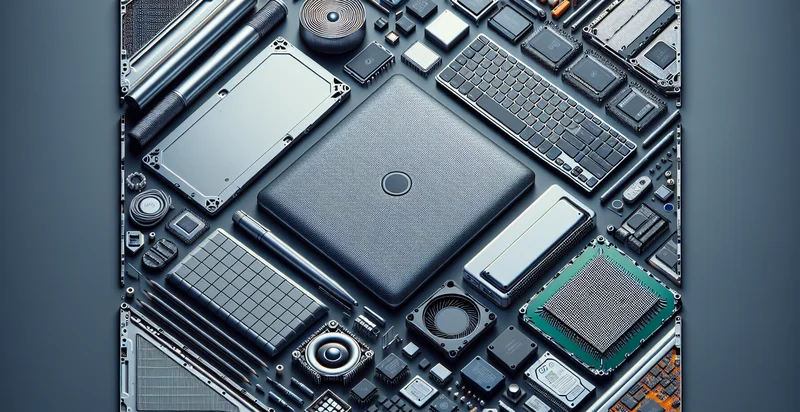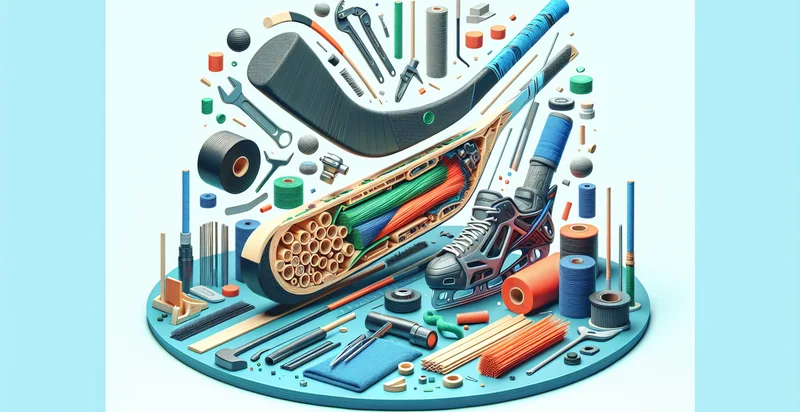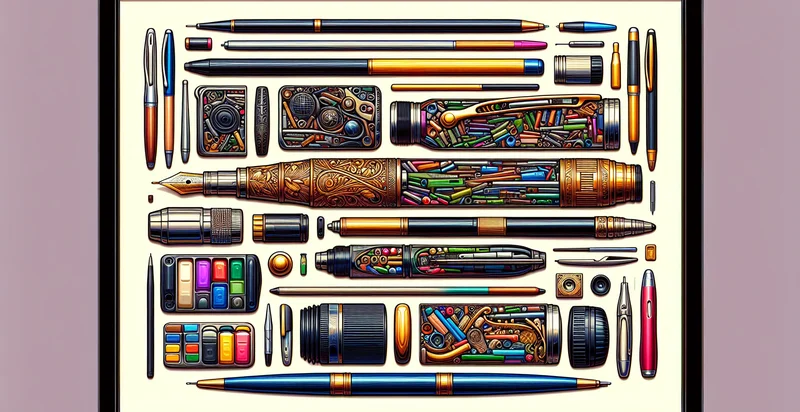Identify what material a laptop is made from
using AI
Below is a free classifier to identify what material a laptop is made from. Just upload your image, and our AI will predict what material a laptop is made from - in just seconds.

Contact us for API access
Or, use Nyckel to build highly-accurate custom classifiers in just minutes. No PhD required.
Get started
import nyckel
credentials = nyckel.Credentials("YOUR_CLIENT_ID", "YOUR_CLIENT_SECRET")
nyckel.invoke("what-material-a-laptop-is-made-from", "your_image_url", credentials)
fetch('https://www.nyckel.com/v1/functions/what-material-a-laptop-is-made-from/invoke', {
method: 'POST',
headers: {
'Authorization': 'Bearer ' + 'YOUR_BEARER_TOKEN',
'Content-Type': 'application/json',
},
body: JSON.stringify(
{"data": "your_image_url"}
)
})
.then(response => response.json())
.then(data => console.log(data));
curl -X POST \
-H "Content-Type: application/json" \
-H "Authorization: Bearer YOUR_BEARER_TOKEN" \
-d '{"data": "your_image_url"}' \
https://www.nyckel.com/v1/functions/what-material-a-laptop-is-made-from/invoke
How this classifier works
To start, upload your image. Our AI tool will then predict what material a laptop is made from.
This pretrained image model uses a Nyckel-created dataset and has 13 labels, including Acrylic, Aluminum, Carbon Fiber, Ceramic, Composite, Glass, Leather, Magnesium, Metal and Plastic.
We'll also show a confidence score (the higher the number, the more confident the AI model is around what material a laptop is made from).
Whether you're just curious or building what material a laptop is made from detection into your application, we hope our classifier proves helpful.
Related Classifiers
Need to identify what material a laptop is made from at scale?
Get API or Zapier access to this classifier for free. It's perfect for:
- Quality Control in Manufacturing: Manufacturers can integrate the image classification function into their production processes to verify the materials used in laptops. This ensures that all products meet quality standards and specifications required for durability and performance.
- Sustainable Material Auditing: Companies can use this function to assess the materials of laptops for sustainability compliance. By identifying materials, businesses can evaluate and report on the environmental impact of their products, aiding in corporate responsibility efforts.
- Product Authenticity Verification: Retailers can implement this image classification tool to authenticate the materials claimed by laptop manufacturers. By verifying material composition, retailers can reduce counterfeit products and enhance consumer trust.
- Market Research and Competitive Analysis: Businesses can utilize this identifier to analyze competitors' laptop materials for market positioning. Understanding the materials used by competitors can inform product development and marketing strategies.
- Customer Support and Warranty Claims: Customer service departments can leverage this function to quickly assess the material in laptops during warranty claims. This helps in determining if the product is genuine and if warranty claims are valid based on material specifications.
- Custom Laptop Configuration and Personalization: E-commerce platforms can use the image classification function to allow customers to customize laptops based on material preferences. Through this feature, customers can select materials that align with their aesthetic or performance needs.
- Supply Chain Transparency: Businesses can implement the classification function to enhance transparency in their supply chains. By identifying materials used in laptops, companies can disclose sourcing information to consumers and stakeholders, bolstering trust and informed purchasing.


